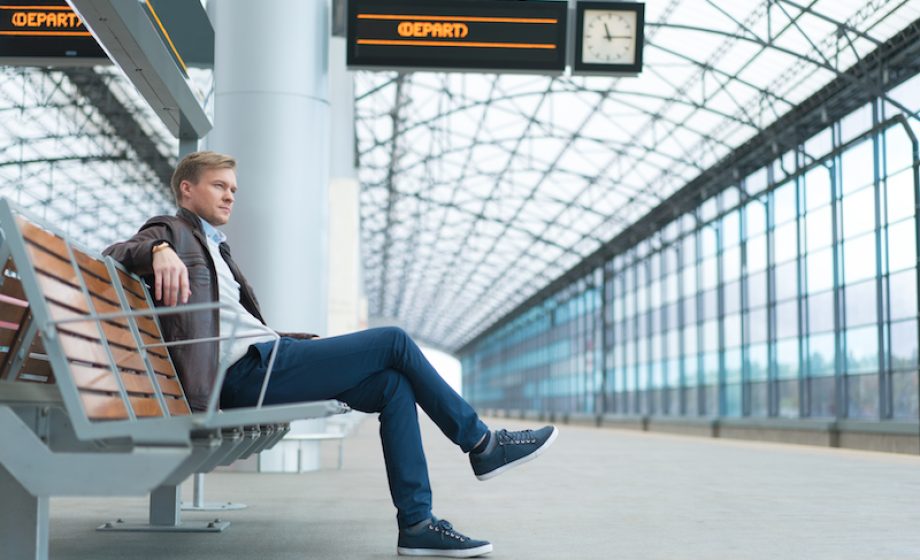
By Si Ho, Integrated Transport Consultant, Deloitte
Today, the current mobility industry is fragmented and siloed. Travellers are using different booking and payment systems across varied modes of transport. A root cause of this is that the value in transport is held in many hands.
There is little interoperability between modes of transport. Nor is there across borders or between competing transport service providers. None are incentivised to act collectively for the consumer of transport services, you and I.
A new transport revolution
Once, there was a revolutionary move from horses to the internal combustion engine. Now, technological advances are yet again set to transform transport beyond recognition. New flexible and sharing-economy services (in which individuals can borrow or rent assets owned by someone else) are already reducing the differences between private and public transportation.
Artificial Intelligence (AI) and electric-battery technology will reduce the production costs and running costs of vehicles. It will also make them more accessible to young people and those who cannot drive.
Merging into one market
As whole industries begin to converge into the same market, new supply chains and business models are emerging. Venture Capital money is being raised, such as the $1bn raised to date by Ofo bike-sharing company. It is subsidising areas of our transport system that would typically be funded by local government.
Furthermore, the General Data Protection Regulation (GDPR) is on the way. This new European data protection regulations will ensure new consumer rights around data portability.
They tighten how personal data is stored and used. Increased penalties associated with the abuse of this data act as a deterrent. GDPR makes transport authorities and service providers wary of interoperability. Although it is a step forward for the protection of personal data.
The ideal trip
The transport consumer of tomorrow should have the ability to travel seamlessly from origin to destination. He should have the convenience of transport mode choice, travel “on-demand” as and when they choose to. He should be able to make one single payment for multi-mode travel and have full control of their personal and travel data. And, he should be rewarded for his sustainable travel choices. Customers simply want to say “I am here and would like to go there”. It is as simple and complex as that.
The Internet of Mobility
New Blockchain technology holds some promise. Combined with Artificial Intelligence (AI), it can create a new “Internet of Mobility”. This could tackle some of these issues and challenges for transportation. Imagine smart contracts that could replace the need for third party aggregation platforms. These could work with decentralised “mobility accounts”, that would be controlled by the individual. In the future they could be attached to a vehicle and controlled by an AI. This brings an interesting question: “who will own cars in the future?”, when they can drive themselves.
In such a future, we could expect more integration between competing transport providers. Including the likes of Uber, Didi, Ofo, Mobike et al . This would not only be good for the customer, but also reduce unwanted congestion of roadspace and pavement space. High levels of “on-road” competition arise from this situation. But it could be moved into the virtual, decentralised world of the blockchain.
The system of systems
A couple of transport industry-led projects are emerging, out of Europe (TravelSpirit Foundation) and the United States (World Economic Forum). They have identified the need for an integrated and seamless system for transport. TravelSpirit Foundation is approaching this with blockchain in mind. The World Economic Forum have preferred to remain conspicuously silent on the potential of blockchain. They prefer to describe the need for a “system of systems”. It will be interesting to watch this emerging space, and see if blockchain can unlock some of inherent problems associated with our fragmented transport system.
Copywriting by Lisa Korrigane

